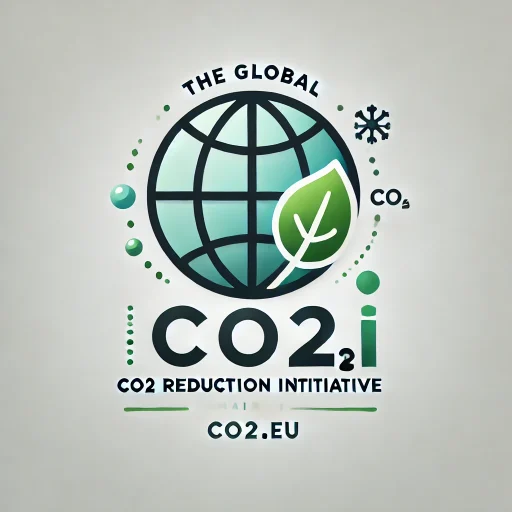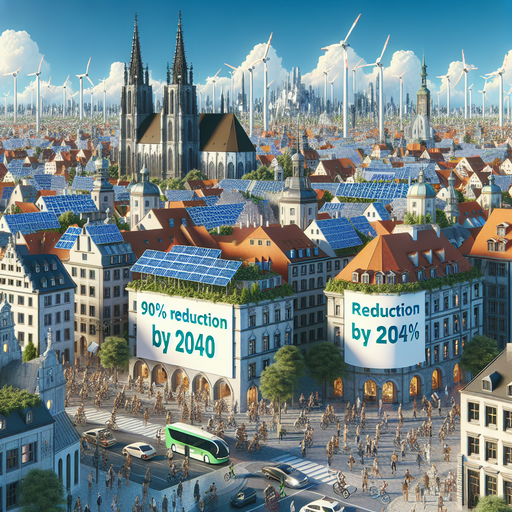Carbon Reduction Activities in Europe: June 30 – July 06, 2025
Executive Summary: The European Union has announced a new climate target to reduce greenhouse gas emissions by 90% by 2040, compared to 1990 levels. This target includes the use of carbon credits, which has sparked debate among environmental groups and policymakers. The EU aims to balance domestic emission reductions with international carbon credits to achieve its climate goals.
Introduction
In the first week of July 2025, the European Union (EU) made significant announcements regarding its climate policy, focusing on carbon reduction activities. These announcements are part of the EU’s broader strategy to achieve climate neutrality by 2050, as outlined in the European Green Deal and the European Climate Law. This report provides a detailed overview of these activities, highlighting key developments and their implications for Europe’s climate action strategy.
New Climate Target for 2040
On July 2, 2025, the European Commission proposed a legally binding climate target to cut net greenhouse gas emissions by 90% by 2040 from 1990 levels. This target is a critical step towards achieving climate neutrality by 2050. The proposal includes the use of carbon credits, allowing member states to meet a limited portion of their emissions offsetting target through credits purchased from developing nations. This flexibility is planned to be phased in from 2036 through a United Nations-backed market, covering up to 3% of the 2040 goal.
Sources: European Commission, The Guardian
Debate on Carbon Credits
The inclusion of carbon credits in the EU’s climate target has sparked debate among environmental groups and policymakers. Critics argue that relying on carbon credits could undermine the credibility of the EU’s target and divert investment away from the EU’s clean tech industry. They emphasize the importance of achieving emission reductions through domestic action. The European Scientific Advisory Board on Climate Change had recommended slightly steeper cuts of 90-95% without the use of carbon offsets.
Sources: World Resources Institute, Down to Earth
Implications for EU Climate Policy
The proposed 2040 climate target is expected to have significant implications for the EU’s climate policy. It will require reforms in energy and climate legislation to align with the new target. The EU’s forthcoming national climate plan, or Nationally Determined Contribution (NDC), will need to reflect this target. The EU aims to demonstrate climate leadership by balancing domestic emission reductions with international carbon credits, while ensuring transparency and preventing emissions leakage.
Sources: World Resources Institute, The Guardian
Conclusion
The announcements made in early July 2025 reflect the EU’s ongoing commitment to reducing carbon emissions and achieving climate neutrality by 2050. By setting a new climate target for 2040 and incorporating carbon credits, the EU is taking significant steps towards a sustainable and competitive low-carbon economy. These initiatives are expected to enhance Europe’s resilience to climate change and support the global effort to mitigate its impacts.


Recent Comments